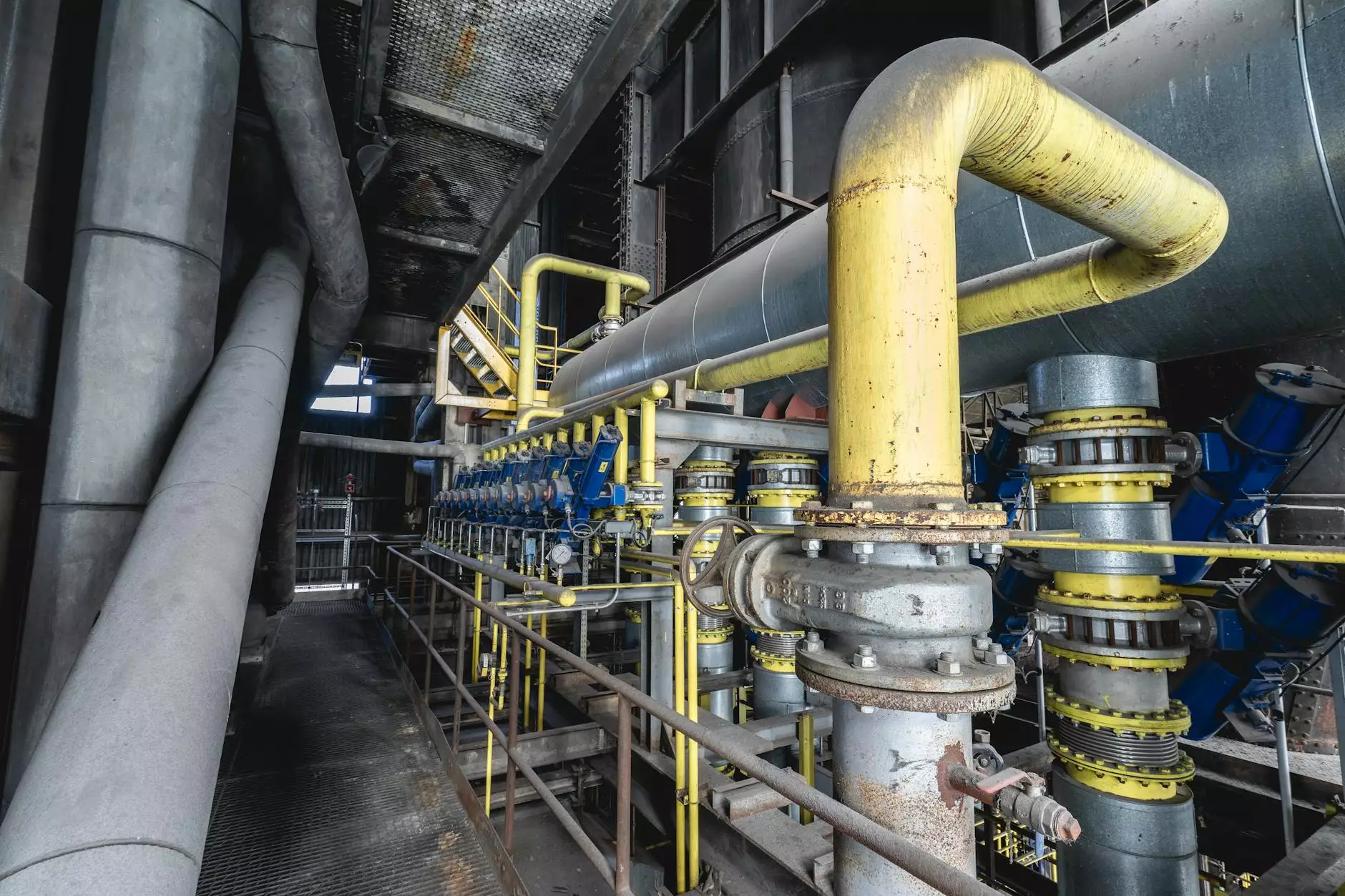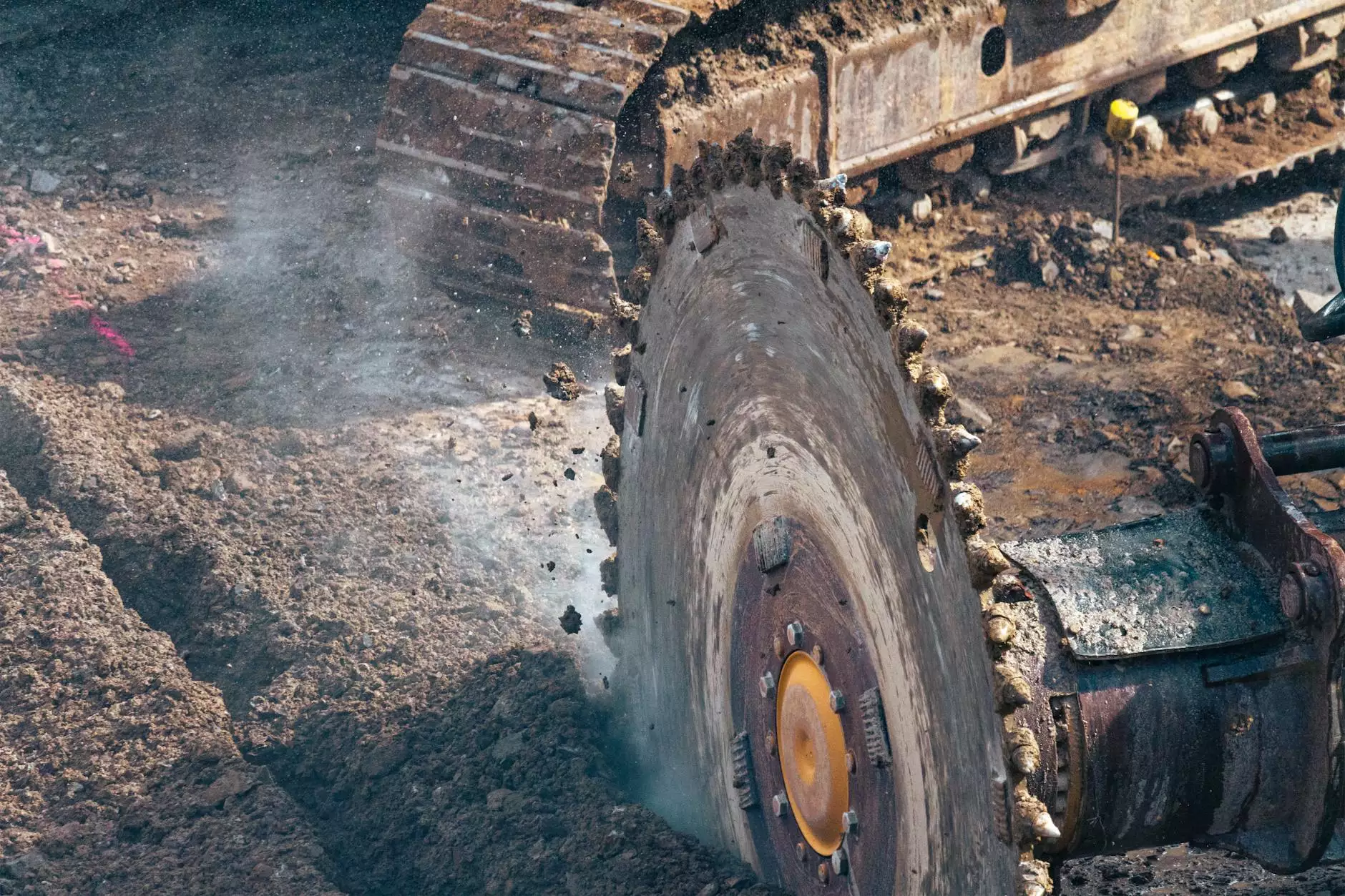The Ultimate Guide to Hydraulic Ball Valves: Optimizing Performance and Efficiency

Hydraulic ball valves are essential components in various industrial applications, providing reliable control over the flow of fluids. Their robust design and ability to handle high pressure make them a popular choice in many sectors. In this article, we will explore the intricacies of hydraulic ball valves, their applications, benefits, and how to choose the right one for your needs.
Understanding Hydraulic Ball Valves
A hydraulic ball valve is a type of valve that uses a spherical obstruction, or ball, to control the flow of fluid. The ball has a hole through its center, which aligns with the pipeline to allow fluid to pass when the valve is open. When the valve is closed, the ball rotates to block the passage, preventing fluid from flowing through.
Key Components of Hydraulic Ball Valves
- Body: The main structure that houses the ball and the seals.
- Ball: The rotating sphere that controls flow.
- Actuator: The mechanism that opens and closes the valve.
- Seals: Rubber or plastic components that prevent leaks.
The Working Principle of Hydraulic Ball Valves
The operation of a hydraulic ball valve is straightforward. When the actuator rotates the ball, the valve either opens or closes:
- Open Position: The hole in the ball aligns with the flow path of the pipeline, allowing fluid to flow freely.
- Closed Position: The ball is rotated 90 degrees, blocking the flow of fluid entirely.
This simple yet effective design offers a tight seal and minimal flow resistance, making these valves ideal for high-pressure applications.
Applications of Hydraulic Ball Valves
Hydraulic ball valves are found in a multitude of industries due to their reliability and efficiency. Some common applications include:
- Oil and Gas: Used to control flow in pipelines and processing plants.
- Chemical Processing: Ideal for handling corrosive chemicals safely.
- Water Treatment: Control the flow of water in treatment plants.
- Agriculture: Use in irrigation systems to manage water flow.
- Power Generation: Essential for controlling steam and water flow in power plants.
Advantages of Hydraulic Ball Valves
There are numerous advantages to using hydraulic ball valves in your systems:
- Durability: Made from robust materials that withstand high pressures and harsh environments.
- Leak-proof Seal: Provide reliable sealing capabilities, preventing leaks.
- Quick Operation: Can be opened or closed with a quarter turn, facilitating quick responses.
- Low Flow Resistance: Maintain high flow rates with minimal pressure drop.
- Versatility: Available in various sizes and materials, suitable for different applications.
Choosing the Right Hydraulic Ball Valve
Selecting the right hydraulic ball valve is crucial for optimal performance. Consider the following factors:
1. Material Type
The material of the valve should be compatible with the fluid it will handle. Common materials include:
- Brass: Suitable for water and gas applications.
- Stainless Steel: Ideal for corrosive fluids.
- Plastic: Good for low-pressure systems and chemical resistance.
2. Size Matters
The size of the valve must match the pipeline diameter to ensure efficient flow. Standard sizes range from ¼ inch to several inches in diameter.
3. Pressure Rating
Ensure the valve can withstand the maximum operational pressure of your system. Hydraulic ball valves are rated for varying pressure levels, so choose accordingly.
4. Actuation Type
Hydraulic ball valves can be manually operated, pneumatically actuated, or electronically actuated. Choose based on the application’s need for automation and convenience.
Maintenance of Hydraulic Ball Valves
Maintaining your hydraulic ball valve is essential to ensure longevity and optimal performance. Here are some maintenance tips:
- Regular Inspections: Check for leaks, wear, and corrosion.
- Lubrication: Keep the ball and seals lubricated to prevent sticking and ensure smooth operation.
- Cleaning: Periodically clean the valve to remove debris that may impact performance.
- Test Functionality: Routinely test the valve to ensure it opens and closes smoothly.
Conclusion
In conclusion, hydraulic ball valves play a vital role in a variety of industries by providing reliable and efficient flow control. Understanding their working principles, applications, and advantages can help you make an informed decision when it comes to selecting and maintaining these essential components.
Whether you are in the oil and gas sector, agricultural industry, or any field that relies on hydraulic systems, the right hydraulic ball valve can optimize your processes and enhance overall efficiency. For high-quality hydraulic ball valves and fittings for sale, visit fitsch.cn.









